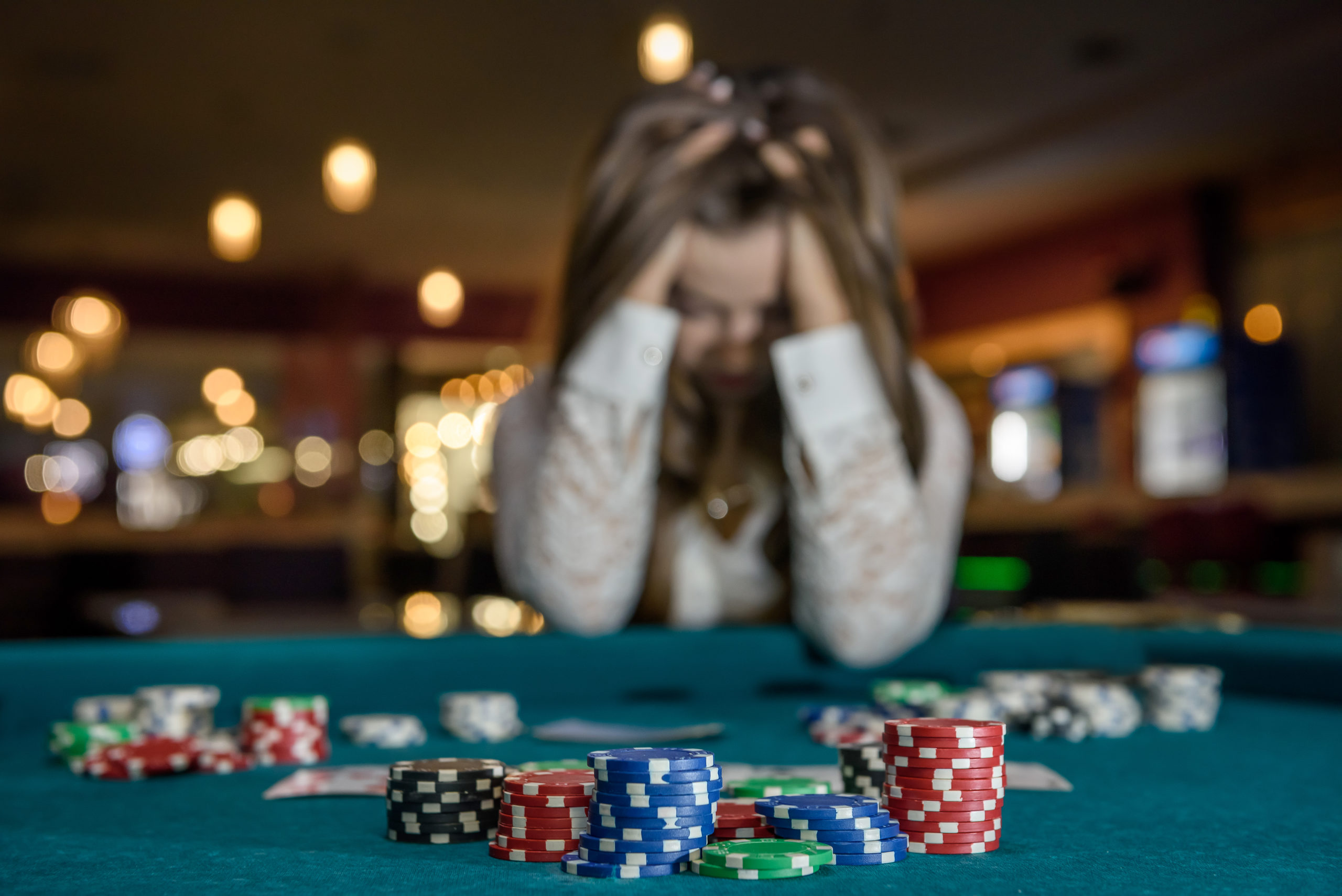Gambling Addiction Treatment
The addiction to gambling can cause a host of problems in your life. In addition to
losing money and strained or broken relationships, compulsive gambling can also
lead to depression and other health issues. While there are no quick fixes, there are
ways to treat your addiction and rebuild your life singapore online slot casino. You can seek help at a treatment
center or through psychotherapy and other methods. Several different types of
therapy have been found to be effective in treating gambling disorder.

One of the
most common methods is cognitive behavioral therapy (CBT), which focuses on
identifying unhealthy, irrational and negative beliefs about gambling and replacing
them with healthier ones. CBT is often combined with family therapy, and there are
a variety of medications that may be helpful as well. Antidepressants and mood
stabilizers are frequently used to help treat other disorders that accompany
gambling disorder, such as bipolar disorder, depression or anxiety. Medications
called narcotic antagonists, which are typically used to treat substance abuse, can
also be helpful in the treatment of compulsive gambling.
Inpatient treatment at a treatment facility is the most intensive option and may be
necessary if you are unable to avoid casinos or other gambling venues. These
programs range from 30 days to a year and provide structure, support and a
structured environment. Many people who struggle with gambling disorder find that
outpatient treatment is more manageable and effective. This type of program offers
a combination of individual and group therapy, education and skills training, and
relapse prevention strategies. Many outpatient treatment programs include family
therapy, which can be helpful in repairing relationships and providing a fresh
perspective on how you have been managing your finances and spending habits.

Identifying the signs of a gambling problem is the first step to recovery. The next is
seeking a diagnosis from your doctor or psychiatrist. Once you have a diagnosis, you
can move on to finding a treatment plan.
Like other behavioral addictions, it is difficult to overcome gambling addiction
without a strong support network and a commitment to abstain from gambling.
Consider enlisting the help of a sponsor, a former gambler who has successfully
overcome his or her own gambling addiction. There are also peer-based recovery
groups, such as Gamblers Anonymous, which follows a similar model as Alcoholics
Anonymous.
Developing healthy behaviors in place of gambling is essential to long-term success.
Replace the need for instant gratification with activities that will give you the same
satisfaction, such as exercising, cooking or taking up a new hobby. For example, if
you gambled to deal with feelings of loneliness, socialize by joining a book club,
sports team or volunteering for a charitable organization.
It’s also important to address any underlying issues that may be contributing to your
gambling addiction. Some therapists specialize in treating gambling addiction, while
others focus on other psychiatric disorders, such as bipolar disorder, depression or
ADHD. Family and marital counseling can be helpful in resolving issues related to
gambling disorder and repairing relationships.
